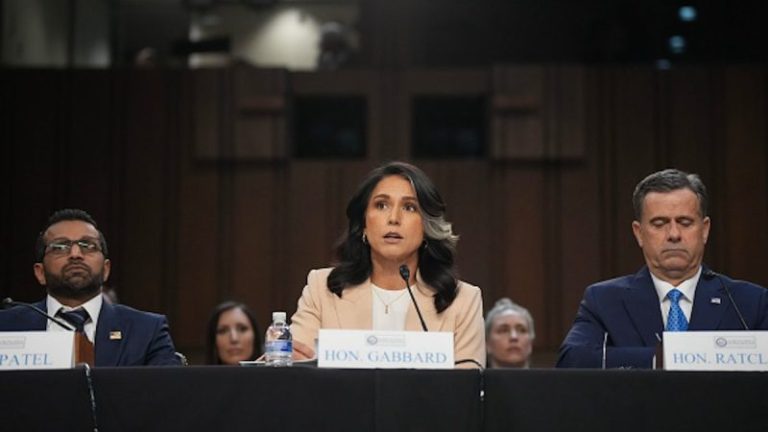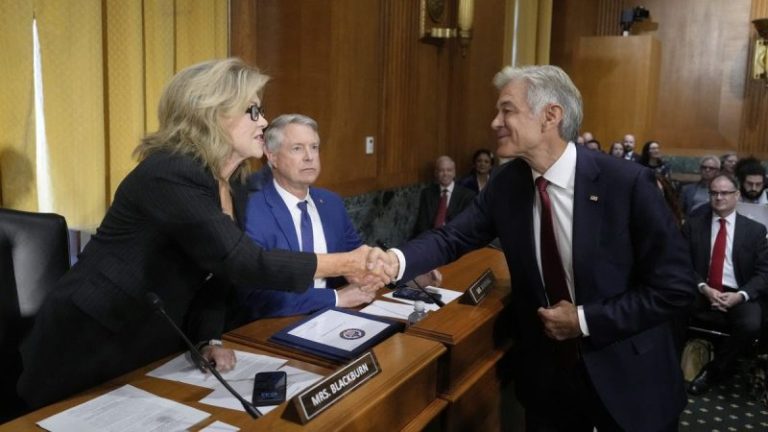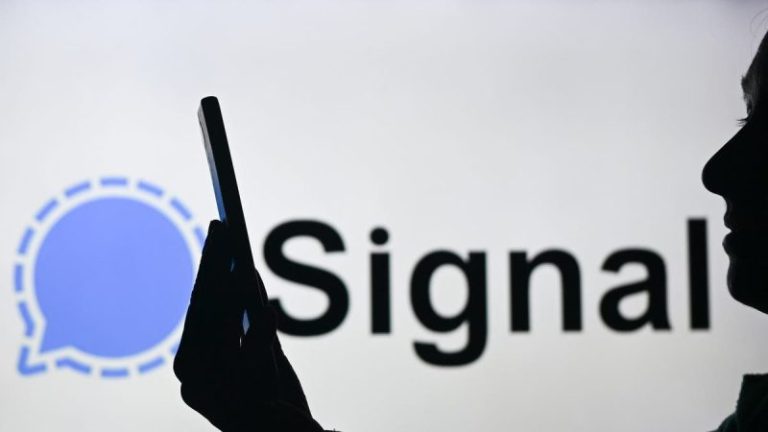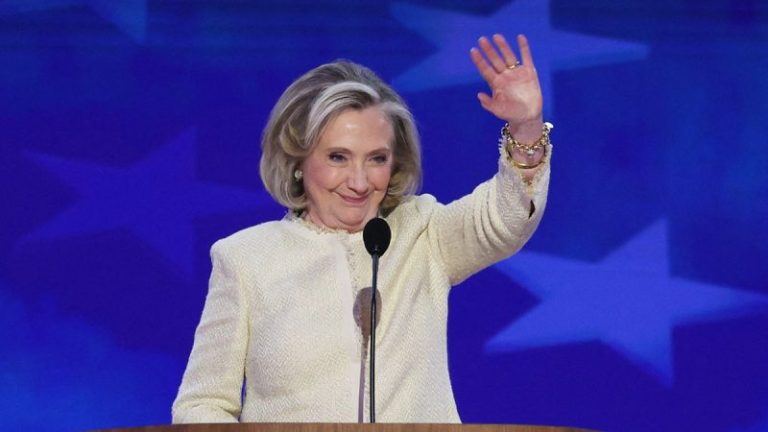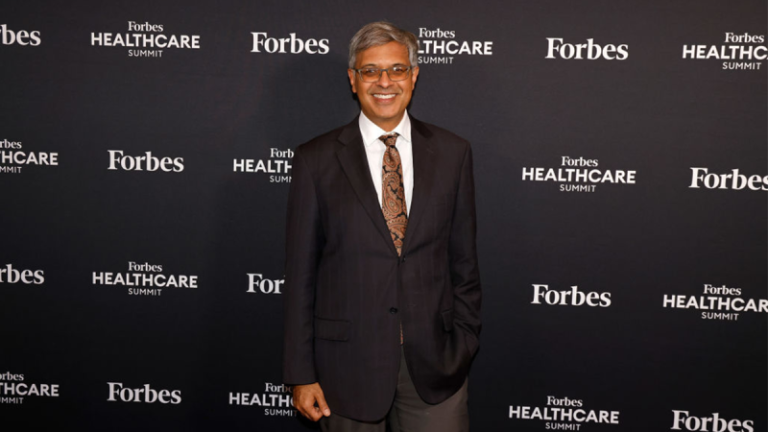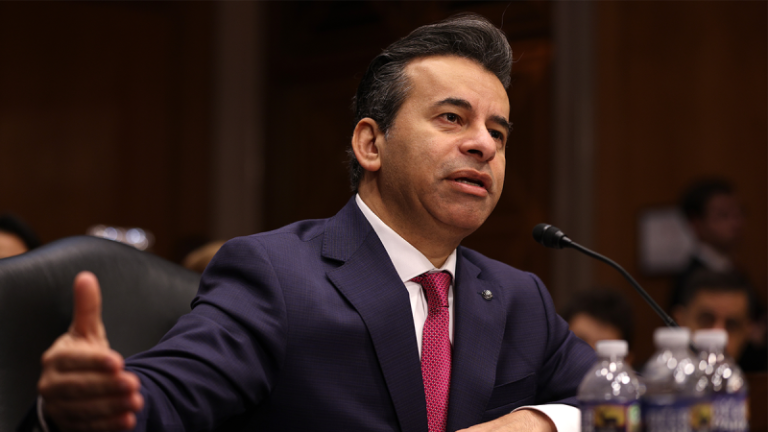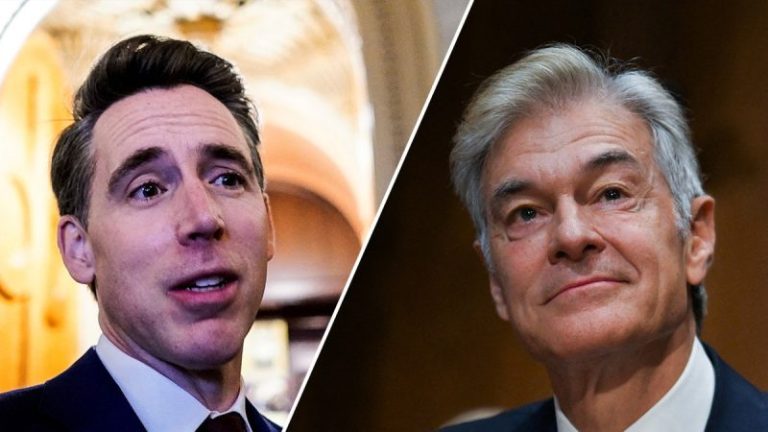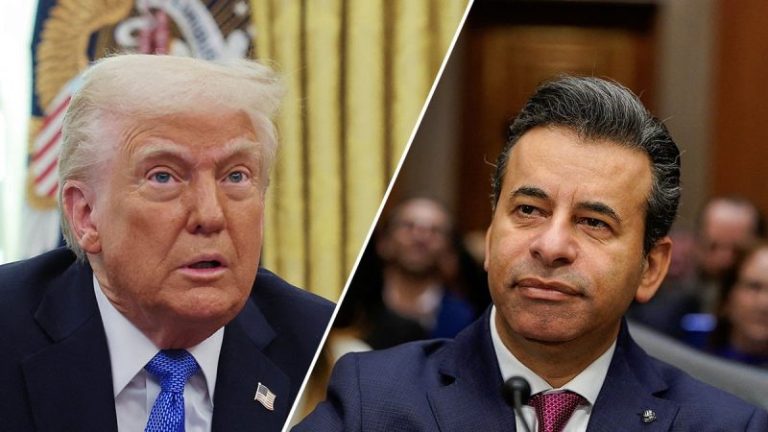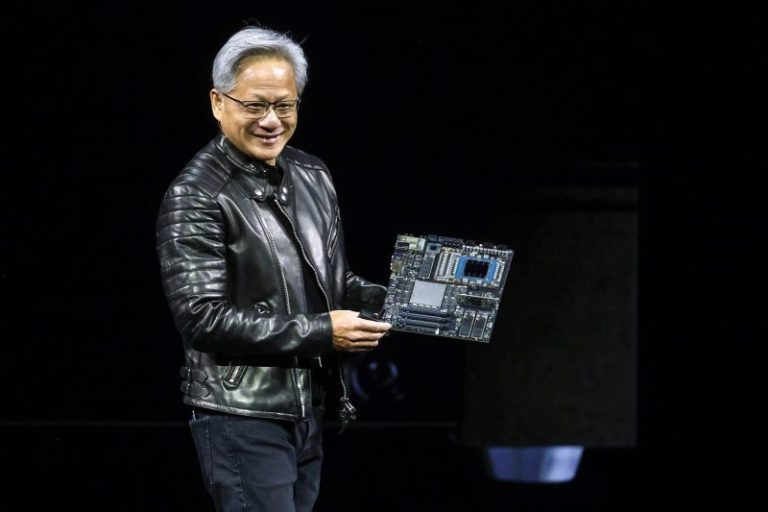The federal office in charge of ensuring cybersecurity at all levels of the government cited the use of encrypted messaging app Signal as a ‘best practice’ for ‘highly targeted’ government officials, the Biden-era document shows.
Fox News Digital found that the Cybersecurity and Infrastructure Security Agency (CISA) outlined in a guide for federal employees late last year that encrypted messaging platforms such as Signal better protected officials against foreign enemy hackers amid a Chinese-linked cyber breach. CISA is an office under the Department of Homeland Security’s umbrella that is charged with ensuring cybersecurity across all levels of government.
Under the Biden administration in 2024, CISA released a ‘Mobile Communications Best Practice Guidance’ for ‘highly targeted individuals,’ who were defined as high-ranking government officials or politicians who are ‘likely to possess information of interest to these threat actors.’ The document specifically addressed high-targeted politicos and officials, though it noted the guide was ‘applicable to all audiences.’
‘CISA strongly urges highly targeted individuals to immediately review and apply the best practices below to protect mobile communications. Highly targeted individuals should assume that all communications between mobile devices – including government and personal devices – and internet services are at risk of interception or manipulation. While no single solution eliminates all risks, implementing these best practices significantly enhances protection of sensitive communications against government-affiliated and other malicious cyber actors,’ the guide reads.
The document, published in December, details that highly-targeted government officials should use ‘end-to-end encrypted communications’ as part of its ‘best practices’ advice. End-to-end encryption is understood as a secure method of communication, where a sender’s message is encrypted and can only be decrypted by the recipient of the message.
The CISA guidance specifically cited that government officials should download ‘end-to-end encrypted communications’ platforms to their cellphones and computers, specifically citing Signal as an app to download to comply with the best practices.
‘Adopt a free messaging application for secure communications that guarantees end-to-end encryption, such as Signal or similar apps,’ the guidance states. ‘CISA recommends an end-to-end encrypted messaging app that is compatible with both iPhone and Android operating systems, allowing for text message interoperability across platforms. Such apps may also offer clients for MacOS, Windows, and Linux, and sometimes the web. These apps typically support one-on-one text chats, group chats with up to 1,000 participants, and encrypted voice and video calls. Additionally, they may include features like disappearing messages and images, which can enhance privacy.’
Signal is an encrypted messaging app that operates similarly to texting or making phone calls, but with additional security measures that help ensure communications are kept private to those included in the correspondence.
Signal’s popularity grew in the last few months, after it was discovered that Chinese-linked hackers were targeting cellphone data in the U.S., including data belonging to President Donald Trump and Vice President JD Vance during the campaign, Politico reported this week.
‘CISA is releasing this best practice guidance to promote protections for mobile communications from exploitation by PRC-affiliated and other malicious cyber threat actors,’ the CISA guidance states, referring to the Chinese cyber breach in 2024.
Fox News Digital reached out to CISA for additional comment or information on the use of Signal among government employees, but did not immediately receive a reply.
The guidance was released months before the Trump administration came under fire from Democrats and other critics after it was revealed top national security officials discussed a planned strike in Yemen against terrorist forces in a Signal group chat that also included the editor-in-chief of the Atlantic.
The Atlantic’s Jeffrey Goldberg published a first-hand account on Monday of what he read in the Signal group chat, called ‘Houthi PC Small Group,’ after he was added to the chain on March 13 alongside high-ranking federal officials stretching from Secretary of Defense Pete Hegseth to national security advisor Mike Waltz and Trump chief of staff Susie Wiles.
The Atlantic’s report set off condemnation among Democratic lawmakers, who have slammed the Trump administration for risking national security by using an app to communicate about a planned attack on Iran-backed Houthi terrorists in Yemen.
‘This is one of the most stunning breaches of military intelligence I have read about in a very, very long time,’ Senate Minority Leader Chuck Schumer, D-N.Y., said in a floor speech on Monday.
CIA Director John Ratcliffe appeared before the Senate Intelligence Committee on Tuesday morning for an annual hearing on the global threats facing the U.S., and was also grilled about the Signal group chat.
The CIA chief confirmed he was in the group chat that included the Atlantic’s editor-in-chief, adding that Signal was already downloaded on his computer when he was sworn in as director in January, and that the app has a long history as a communication platform for government employees that stretched to the Biden administration.
‘One of the first things that happened when I was confirmed as CIA director was Signal was loaded onto my computer at, the CIA, as it is for most CIA officers, one of the things that I was briefed on very early, Senator, was by the CIA records management folks about the use of Signal as a permissible work use,’ he said.
‘It is, that is a practice that preceded the current administration to the Biden administration,’ he continued.
A former Biden national security official confirmed to the Associated Press that the previous administration used Signal if a staffer was granted permission to download the app on their White House-administered phones. The staffers, however, were told to use it sparingly, according to the report.
‘It is my understanding that the Biden administration authorized Signal as a means of communication that was consistent with presidential recordkeeping requirements for its administration, and that continued into the Trump administration,’ Sen. Tom Cotton, R-Ark., said during an appearance on ‘Fox & Friends’ on Tuesday morning.
A Department of Defense memo from 2023 under the Biden administration detailed that while Signal was approved for some use by government officials, they could not use the platform to ‘access, transmit, process non-public DoD information.’ CISA’s guidance related to Signal was released after the Department of Defense guidance.
The Trump administration has defended the group chat, saying it did not include sensitive information, and that the Atlantic’s story ‘is nothing more than a section of the NatSec establishment community running the same, tired gameplay from years past.’
White House press secretary Karoline Leavitt posted to X on Tuesday that ‘no classified material was sent to the thread’ and that ‘no ‘war plans’ were discussed.’
White House communications director Steven Cheung slammed the Atlantic’s coverage in an X post on Tuesday afternoon as an example of ‘anti-Trump forces’ trying to ‘peddle misinformation.’
‘From the ‘Russia, Russia, Russia’ hoax of the first term to the fake documents case of the last four years… at every turn anti-Trump forces have tried to weaponize innocuous actions and turn them into faux outrage that Fake News outlets can use to peddle misinformation,’ Cheung posted to X.
Trump told NBC News on Tuesday that a staffer in Waltz’s office included the journalist in the high-profile group chat, but did not reveal the staffer’s identity or if the individual would face disciplinary action.
‘It was one of Michael’s people on the phone.A staffer had his number on there,’ Trump told NBC News in a phone interview when asked how Goldberg was added to the high-profile chat.
Trump defended Waltz in comment to Fox News earlier on Tuesday, as well as during his NBC interview.
‘He’s not getting fired,’ Trump told Fox News of Waltz. The president said the incident was a ‘mistake,’ though there was ‘nothing important’ in the Signal text thread.
‘Michael Waltz has learned a lesson, and he’s a good man,’ Trump said in the NBC interview.
The president added that Goldberg’s inclusion in the group chat had ‘no impact at all’ on the strike in Yemen.
The Signal group text leak comes roughly 10 years after news broke that then-Secretary of State Hillary Clinton used a private email server for official government correspondence.
Fox News Digital reached out to the White House for additional comment on the Signal chat leak, but did not immediately receive a reply.
This post appeared first on FOX NEWS


